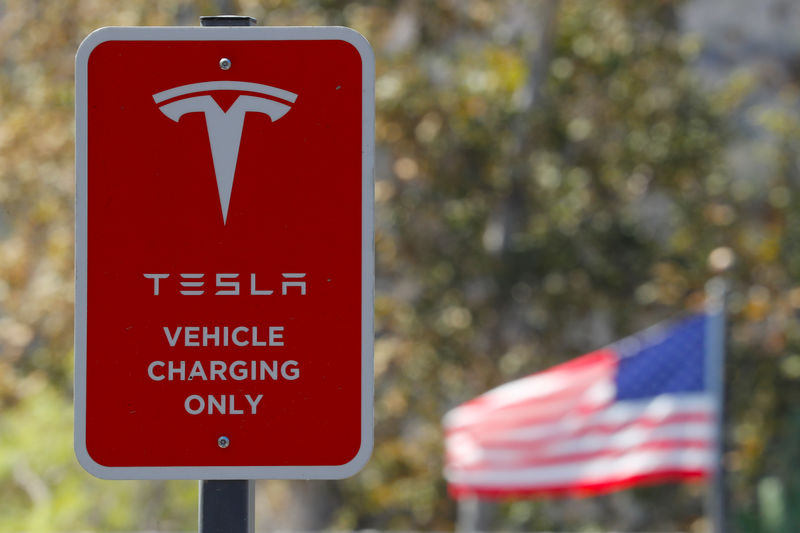This post was originally published on this site
https://i-invdn-com.investing.com/trkd-images/LYNXMPEJ9P02Y_L.jpg
China, the world’s largest graphite producer and exporter, will require export permits as of Dec. 1 for some graphite products, including spherical graphite used by electric vehicle makers.
Syrah, which has a supply deal with Tesla (NASDAQ:TSLA), mines graphite at its Balama operations in Mozambique and is building a plant in Louisiana where it will produce active anode material (AAM) for batteries. In May, it paused mining at Balama after oversupply hit prices.
The export controls could mean that automakers and suppliers of battery materials will have to accelerate their search for alterative sources of the mineral.
Syrah said that, based on feedback from its customers and analysts, buyers are looking to stockpile graphite to reduce the risk of near-term supply disruptions ahead of the ban, and ahead of China’s winter when it tends to produce less natural graphite.
“Any disruption or reduction in China anode precursor or AAM export supply without replacement supply would impact battery production outside China,” it said.
Uncertainties regarding the impact of the controls on Chinese supply is expected to continue into 2024, Syrah added, but for now, it does not expect any near-term “meaningful” impact demand from China on its Mozambique project.
“Although the impacts of implementation are not yet known, the announced graphite export controls in China are increasing Government and private sector attention on the strategic importance of Syrah as a unique ex-China natural graphite and AAM supplier in the battery supply chain,” the company said in a statement.
Syrah’s comments come as Australian government officials visit the United States to shore up cooperation over critical minerals.
Shares in Syrah spiked to 43% to A$0.95 a share on Friday when the export bans were announced before trading at $0.66 cents on Thursday.
The U.S. International Development Finance Corporation (DFC) last month approved a loan of up to $150 million for Syrah’s Mozambique operations.

